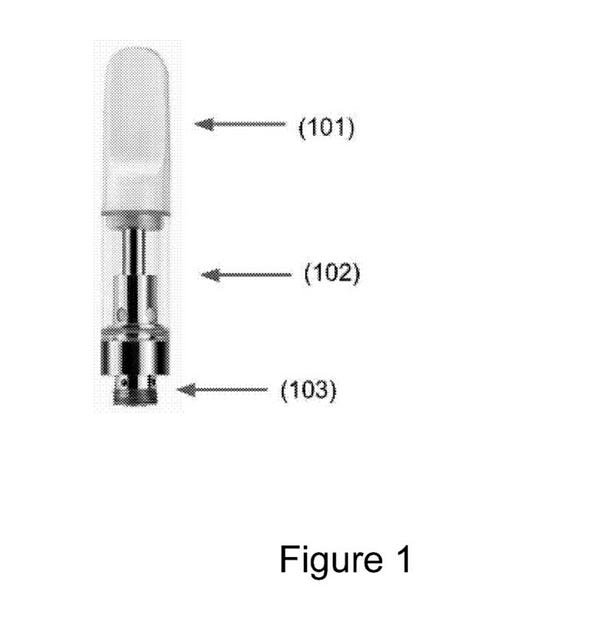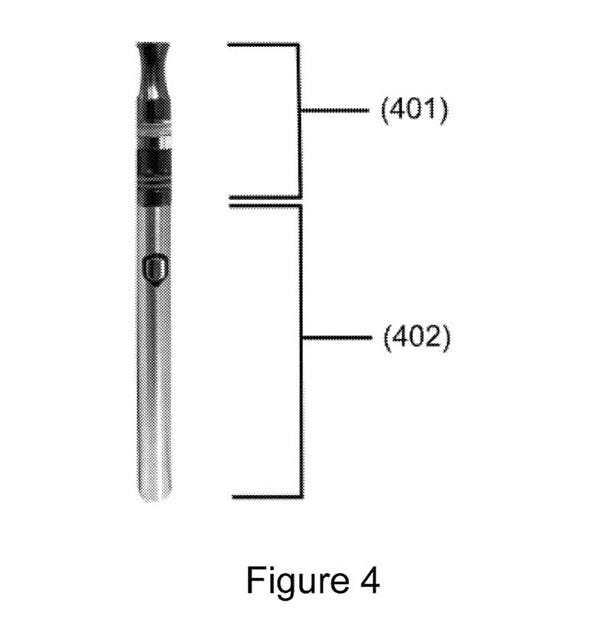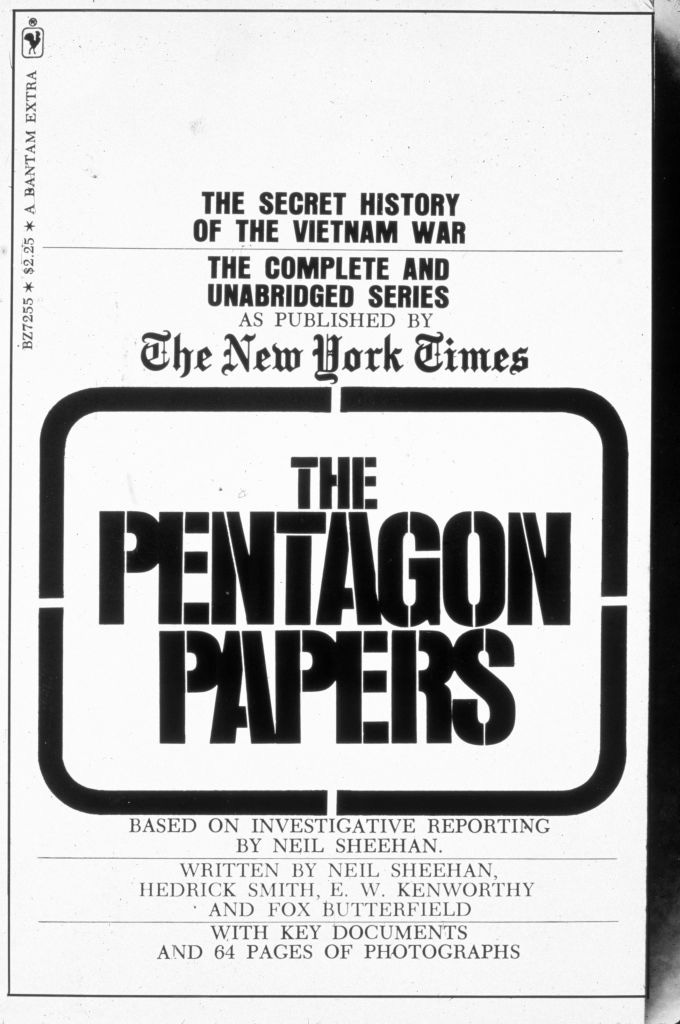This Week in Psychedelics: “Negligible” effects of microdosing, a DMT vape pen patent, and regulatory drama in Colorado and Maine
Happy Friday, and welcome back to The Microdose. Here’s our roundup of this week’s psychedelics news:
New study finds microdosing effects “negligible.” Microdosing — taking a very small amount of a psychedelic drug — is a divisive issue within the psychedelics world. Some users say that microdosing drugs like LSD or psilocybin helps with their depression or anxiety, and a small industry has popped up around the practice. (See The Microdose’s recent interview with Brandon Goode, founder of the microdosing app Houston.) But there’s still a gap in research on the effects of microdosing. Many studies have relied on self-report from microdosers, which might bias participants’ responses to be more positive. It also means researchers aren’t able to control the dosage and purity of the drugs participants are taking.
To address those issues, researchers at the University of Chicago brought participants into the lab for a controlled, double-blind study, published this week in the journal Addiction Biology. Participants didn’t have prior experience with microdosing, and were randomly assigned to one of three groups: a placebo group, a group that received a 13 microgram dose of LSD (about a tenth of a dose that would result in a psychedelic experience), and a group that received a 26 microgram dose of LSD (an amount likely to produce small but potentially detectable effects). Over the course of four 5-hour dosing sessions and one post-treatment session, researchers measured participants’ heart rate, blood pressure, cognitive and emotional responses, and mood. Overall, the researchers concluded that the small doses of LSD appear to be safe if administered in an environment where participants would be closely monitored, but that doses at the tested levels “produce negligible changes in mood or cognition in healthy volunteers.” That could be the case for participants in this study, who did not report any mental health issues — but for those with a history of symptoms of depression or anxiety, or with more doses over time, microdosing could have some therapeutic benefits. “Despite our current findings, the anecdotal reports of beneficial effects of the drug remain compelling, suggesting that future studies may detect improvements in mood or performance under other conditions,” the authors write.
Stacking psychedelics. While there’s no scientific consensus on the effects of microdosing, the fact remains that many people are still regularly using small doses of psychedelics, and some believe they feel better as a result. Psychedelic news site Truffle Report delves into the practice of “stacking” psychedelics: taking a microdose of a drug like LSD or psilocybin alongside other substances believed to “boost” psychedelics’ effect. Common candidates for stacking include chocolate or cacao, lion’s mane mushrooms, and niacin (also known as vitamin B3). Given the scarcity of rigorous research on microdosing, it’s unsurprising that there’s no known peer-reviewed study on the effects of stacking, but Truffle Report reviews the details of Indigenous traditions that combine psilocybin and cacao, and the (lack of) Western scientific study.
There has never been a more exciting – or bewildering – time in the world of psychedelics. Don’t miss a beat.
A DMT vape pen patent. On February 1, the U.S. Patent and Trademark Office published a new patent, submitted by Gregory Ellis of Portland, OR, for a DMT vape pen. According to the patent document, Ellis filed a provisional application for this device back in July 2020, and it was granted this week.
In a Twitter thread, psychedelics patent expert Graham Pechenik asked what many in the psychedelics world are wondering: did the designs for a DMT vape pen already exist out in the world before Ellis filed his provisional application? In reply to Pechenik’s thread, some say they’ve made their own DMT vape pens; VICE even reported on the phenomenon back in 2018. This patent seems ripe to be petitioned for a post-grant review — but it’s unclear who might step up in the next nine months to do the substantial research and paperwork necessary to file such a request.





Regulatory drama in Colorado and Maine. The number of states making moves towards new psychedelic legislation just keeps growing. (Over the last two weeks, we’ve covered psychedelic bills in Washington, as well as Utah and Virginia.) In Colorado, activists have been working on two ballot initiatives that would legalize “certain plants or fungi that affect a person’s mental health and are controlled substances under state law,” and establish a regulatory body for cultivating and selling those plants and fungi. However, some activists are concerned that those ballot initiatives give too much power to regulators, and last Friday, a different group of activists put forth a ballot proposal which would decriminalize the use, cultivation, and sale of psilocybin, psilocin, ibogaine, mescaline, and DMT by anyone over 21. Before activists can begin collecting signatures in favor of adding a new initiative to the ballot, state officials must review the proposals; a session for that review is scheduled for next week.
In Maine, a bill that lays out the regulatory framework for making psilocybin therapy available in the state is up for discussion. On Wednesday, the Portland Press Herald reported that the Maine Center for Disease Control and Prevention director has concerns about the bill, saying more researchers should be consulted and that the treatment centers described in the bill “function more like recreational use facilities rather than medical treatment facilities.” According to the Press Herald, the state’s Health and Human Services Committee, which would determine next steps for the bill, is set to meet next week.
LSD and the Pentagon Papers. In 1969, Daniel Ellsberg was a consultant at the Rand Corporation, working with the Pentagon. He came across a trove of documents detailing the history of the U.S.’s involvement in Vietnam, and spent months copying thousands of pages, which he leaked to the New York Times in 1971. The Pentagon Papers, as they came to be known, have been credited with helping end the Vietnam War.
In Lucid News, Ellsberg’s assistant Adele Meyer writes that she learned in 2018 that Ellsberg identifies as a “psychedelics person.” This week, the publication released the first installment of a three-part interview with Ellsberg about his activism, and what he sees as the link between peace and psychedelics. “He isn’t convinced, however, that psychedelics hold the key to unlocking world peace and freedom,” writes Meyer. “But Ellsberg does believe that a shift in consciousness is necessary for the types of changes that we need in the world.”
This week, The Economist ran not one, but two pieces about psychedelics: one about the medicalization movement in Oregon, and another arguing psilocybin should be legalized for therapy.
“It’s no secret that people do psychedelic drugs in the desert,” writes Julissa James. In a reported essay for the Los Angeles Times, James writes about why so many people — including herself — have taken to the area around Joshua Tree National Park to eat mushrooms or drop acid.
In Slate, Michael Pollack recounts how an underground psychedelic therapist accidentally dosed him with meth instead of MDMA and psilocybin — and what we can learn from his experience as psychedelic therapy is poised to enter the mainstream.
You’re all caught up! Have a great weekend, and stay tuned on Monday for 5 Questions, our weekly Q&A with a leader in the psychedelics space.
If you know anyone who might like the latest on psychedelics in their inbox, feel free to forward this to them, or click below.
Got tips? Email us at themicrodose@berkeley.edu.










I would like to raise the awareness of the possibility that the Trump administration may embrace psychedelics and appear on the surface to support them. But, they may consider and plan ways to use them to control peoples minds. Many people may not want to hear what I just said but everyone should be on guard.
Amazing article. Continue the good work this article was very helpful
https://awakenmushroomchocolate.com/
https://awakenmushroomchocolate.com/
https://awakenmushroomchocolate.com/product/fun-guy-chocolate/
https://awakenmushroomchocolate.com/product/fun-guy-chocolate/
https://awakenmushroomchocolate.com/product/mycrochips-chocolate/
https://awakenmushroomchocolate.com/product/neau-tropics-chocolate/
https://awakenmushroomchocolate.com/product/wonka-bar/
https://awakenmushroomchocolate.com/product/shroomies-chocolate/